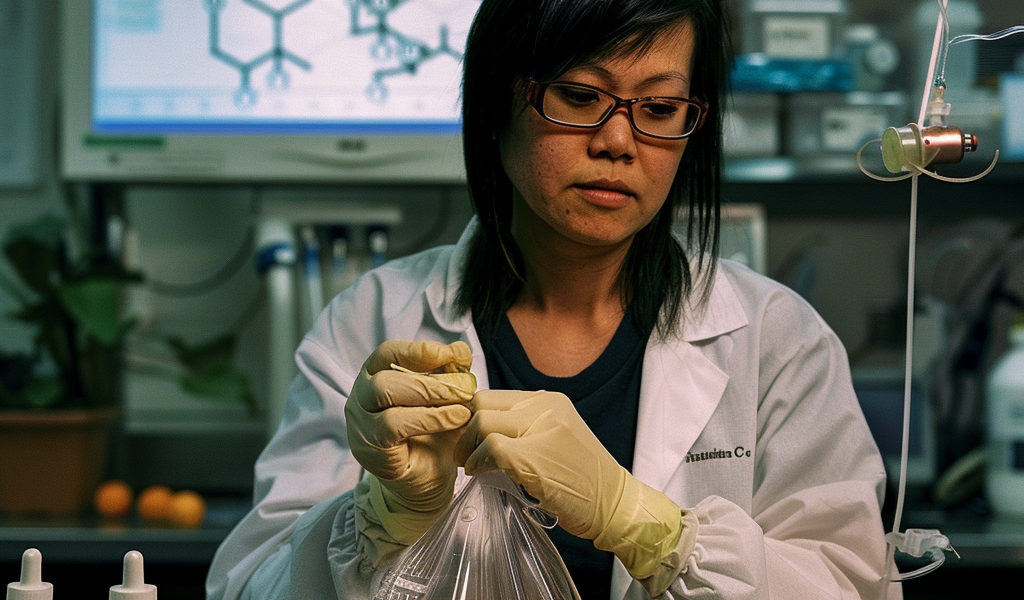University of Iowa Study Reveals High-Dose Vitamin C Doubles Survival Rates for Late-Stage Pancreatic Cancer Patients
Iowa City, IA — A groundbreaking study conducted by researchers at the University of Iowa has unveiled promising results regarding a novel treatment for certain types of cancer, particularly late-stage pancreatic cancer. The research indicates that administering high doses of vitamin C through intravenous (IV) therapy could potentially double survival times for patients battling this aggressive disease.
Dr. Joe Cullen, a prominent professor at the University of Iowa and lead investigator of the study, shared insights on the significant findings. According to Dr. Cullen, patients who received IV vitamin C treatment experienced an increase in their overall survival rate from an average of eight months, as seen in standard chemotherapy protocols, to an impressive 16 months.
“When we administer vitamin C intravenously, we are able to elevate blood levels of the vitamin by a factor of a thousand,” Dr. Cullen explained. “This substantial increase in concentration is crucial, as it has the potential to effectively target and kill cancer cells. The mechanism behind this treatment is fascinating and offers new hope for patients who have limited options left.”
In addition to extending survival rates, the study also highlighted that vitamin C treatment enables patients to endure more aggressive chemotherapy regimens over extended periods. This dual benefit could significantly enhance the quality of life for patients undergoing cancer treatment.
The implications of this research extend beyond pancreatic cancer. The University of Iowa team is also exploring the effects of high-dose vitamin C therapy in patients with brain cancer and is in the early stages of trials involving lung cancer patients. This broadening of research indicates a potential for vitamin C therapy to become a versatile tool in the fight against various forms of cancer.
As the medical community continues to seek innovative approaches to cancer treatment, the findings from the University of Iowa study present a compelling case for further investigation into vitamin C’s role in oncology. The prospect of utilizing a common vitamin, typically associated with immune support, as a potent weapon against cancer opens new avenues for research and treatment strategies.
With ongoing trials and research, the hope is that vitamin C therapy could become a standard adjunct to conventional cancer treatments, providing patients with a more comprehensive approach to managing their disease. As researchers delve deeper into the mechanisms of how high-dose vitamin C interacts with cancer cells, the potential for improved outcomes for cancer patients continues to grow.
This study not only sheds light on the possible benefits of vitamin C in cancer treatment but also emphasizes the importance of innovative research in discovering new therapeutic options. As the healthcare community remains vigilant in the fight against cancer, studies like this one pave the way for advancements that could change the landscape of oncology.





